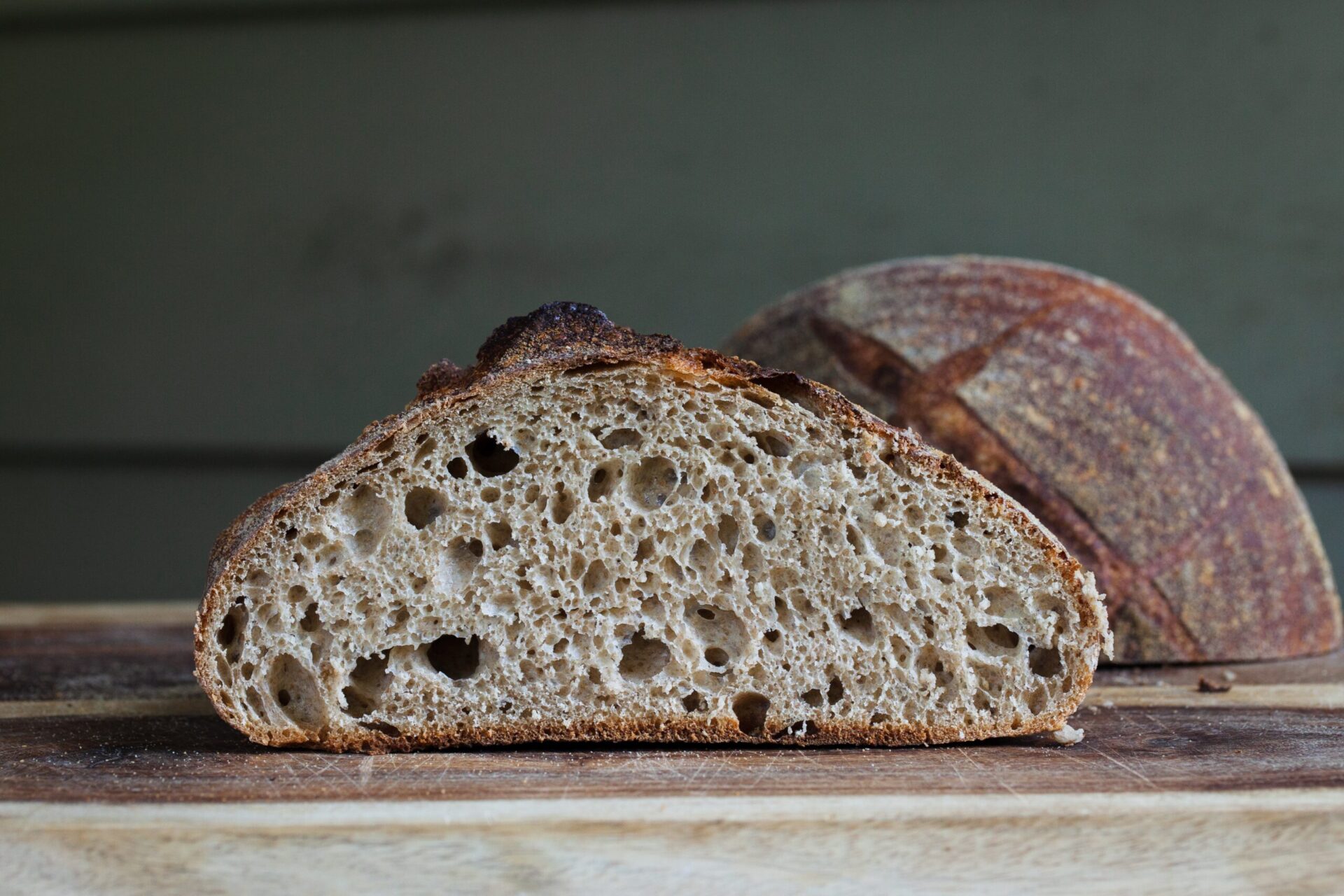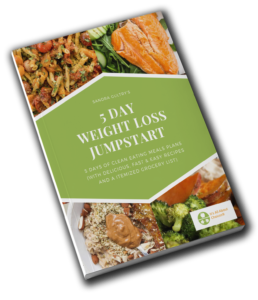More and more individuals are going “gluten-free” as one their means of eating healthier.
Some go “gluten-free” to promote reduce bloating and promote weight loss.
Is this necessary?
Is this accurate?
What do you think?
What is Gluten? Where it Found?
Gluten is a collective term for proteins found in grains like:
- wheat, rye, and barley that give baked goods their doughy, elastic structure
Gluten is a thickening agent and to enhance flavors in foods. Some food sources include: most breads, pastas, breakfast cereals, cookies, crackers, salad dressings, soups, sauces, gravies, soy sauce, and processed meats.
Natural Sources of Gluten
Foods that are naturally gluten-free include: corn, quinoa, rice, teff, arrowroot, buckwheat, millet, plain meat, poultry, fish, eggs, fresh fruits and vegetables, legumes, and many dairy products. Therefore, when food packages boast about these products being “Gluten-free”, this is simply marketing and hype. Nothing is ‘removed’ to make these products gluten-free as they did not contain gluten to begin with.
Gluten-Free: Not Related to Weight Loss
- The term “Gluten-Free” has become yet another fad-diet and many have jumped on the bandwagon. The fact is “Gluten-Free’ is medically necessary for those diagnosed by a physician with Celiac Disease (CD), Non-Celiac Gluten Sensitivity (NCGS), or wheat allergies.
- Individuals diagnosed with CD must follow a gluten-free diet due to the immune response that results in the damage to the lining of small intestines resulting in gastrointestinal (GI) distress and certain vitamins and minerals not being absorbed – leading to nutritional deficiencies.
- Those with NCGS or wheat allergies generally experience the GI pain and many related distresses; however there is no damage to the lining of the small intestines.
What the Evidence Says…
The issue is many people self-diagnose themselves and/or feel that eating gluten-free relieves their GI distress. Some use “Gluten-Free” as a means for weight loss. There is no evidence that support eating gluten-free is related to weight loss. Key nutrients must be monitored when eating gluten-free. This is the reason eating diet rich in whole grains, fruits, vegetables, low-fat/non-fat dairy, and unsaturated fats are important to avoid nutrient deficiencies, unless medically contra-indicated.
Summary
Bottom line, if you do not need to avoid gluten for medical reasons, gluten is not your enemy. There is no health benefit in ordering from the “Gluten-Free” menu at restaurants or purchasing “Gluten-Free” products from the grocery store.
Sandra Recommends
Do you feel like you’ve tried every diet created?
After trying many diets you’re likely left feeling frustrated and disappointed because you can’t keep the weight off for good.
It can be incredibly tiresome to always feel like you’re starting over without any real change in your body.
If you’re struggling with weight loss or confused/overwhelmed about what to eat…
I’ve got you covered!
That’s why I created this 5-Day meal plan. In this easy-to-follow guide, you’ll experience:
- Surge of energy levels throughout the day (think 2-4pm typically crash n burn)
- Benefits of eating satisfying meals that will keep cravings at bay
- Waking up feeling refreshed, energized, and ready to take on the day
An added bonus is you will “Jump start Your Weight Loss & Boost Your Energy Levels”!
Click [HERE] to grab your free copy!
Download my free guide that includes a 5-day meal plan and prep guide w/ fast & easy recipes with an itemized grocery list so that you know exactly what to eat and when!
Another Sandra Recommends
Listen to the FB LIVE Replay for more insightful information on eating Gluten-Free.



